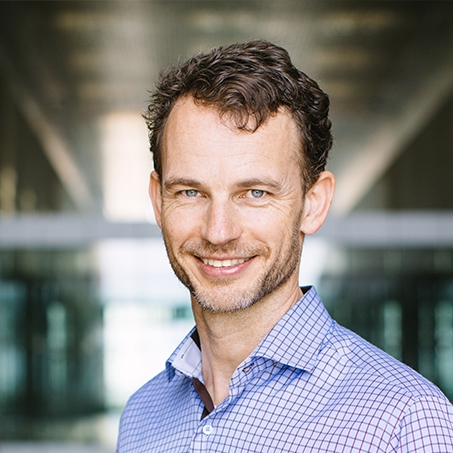
Stefan T. Arold
Professor, Bioengineering
Biomedical Sciences
By unraveling the intricate three-dimensional structure of proteins, we aim to understand and prevent diseases, and to design novel diagnostic devices.
Program Affiliations
Center of Excellence
Biography
Professor Stefan T. Arold’s research explores the molecular mechanisms underlying cellular signaling networks in health and disease, with a focus on structural biology, synthetic biology, and computational approaches. Prior to joining KAUST in 2013, where he served as divisional Associate Dean (2020-2023), he held academic appointments at the CNRS in France and the MD Anderson Cancer Center in the U.S., following postdoctoral training at the University of Oxford, U.K. He has authored more than 190 publications, contributed to several patents, and actively collaborates with clinical partners to understand genetic disease and to translate molecular insights into diagnostic and therapeutic innovations. Professor Arold serves on multiple institutional and national committees, including the Saudi National Institute of Health Biotechnology Committee, and is a member of the French Crystallography Association.
Research Interests
Professor Arold has dedicated his research to understanding the molecular mechanisms that govern cellular signaling networks, with a particular emphasis on how these systems detect and respond to pathogens in humans and plants. His work integrates structural biology, synthetic biology, and computational approaches to elucidate how proteins function and interact within complex biological environments. By combining high-resolution techniques, such as X-ray crystallography and cryo-electron microscopy, with computational modelling, biophysical assays, and functional analyses, his group uncovers the structural and dynamic principles underlying protein behavior. These insights drive the development of practical applications, including targeted therapeutics, biosensors, and nanoreactors. His interdisciplinary research bridges biology, chemistry, and materials science, and is closely aligned with clinical collaborations aimed at understanding genetic diseases and advancing precision medicine.
Education Profile
Habilitation, University of Montpellier, France, 2004
Postdoctoral Fellow, University of Oxford, UK, 1998
PhD, University of Montpellier, France, 1998
MSC, Joseph Fourier University, Grenoble, France, 1994
Awards and Recognitions
Publications
Research Areas
- Computational Bioscience

